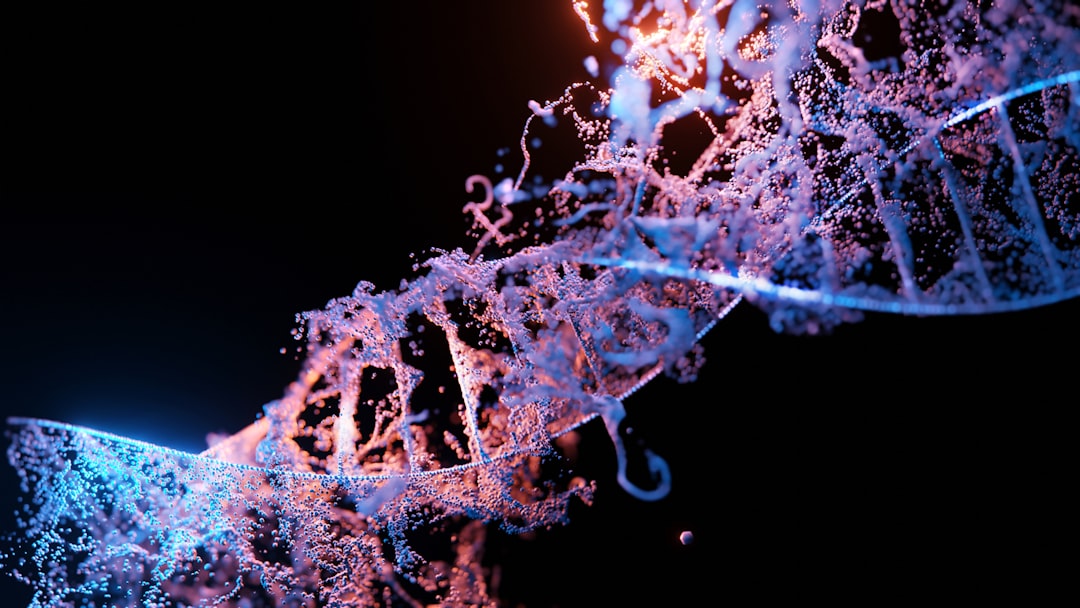What is it about?
An underground fresh water resource in South America, the Guarani Aquifer, is found in rock underlying four countries: Brazil, Argentina, Uruguay and Paraguay. In 2010 the four countries signed an agreement for the prevention of harm to the aquifer and the sustainable, equitable use of the water, based on a decade of scientific and legal research through the World Bank and the UN. Analysis of the duties of states under this agreement leads to the conclusion that the Guarani Aquifer Accord provides a framework for regional cooperation and protection of the fresh water for future generations.
Featured Image
Perspectives
This study began more than ten years ago, with a research group on the Guarani Aquifer at the Universidade Federal do Rio Grande do Sul in Porto Alegre, Brazil, when I was a Visiting Foreign Professor of Law. Last year, I returned to teach again at the UFRGS Law School and research about the Guarani Aquifer Accord negotiated and signed in 2010 by Brazil, Argentina, Uruguay and Paraguay. Based on my travel to each of the four countries and interviews with lawyers, scientists, experts with international organizations and civil society, and government officials, I conclude that informal networks continue to share information and scientific studies about the Guarani Aquifer and cooperate informally as mandated in the Accord, even before the treaty is in force.
Dr. Catherine J. Tinker
Seton Hall University School of Diplomacy and International Relations
Read the Original
This page is a summary of: The Guarani Aquifer Accord, The Law and Practice of International Courts and Tribunals, September 2016, Brill,
DOI: 10.1163/15718034-12341321.
You can read the full text:
Contributors
The following have contributed to this page










